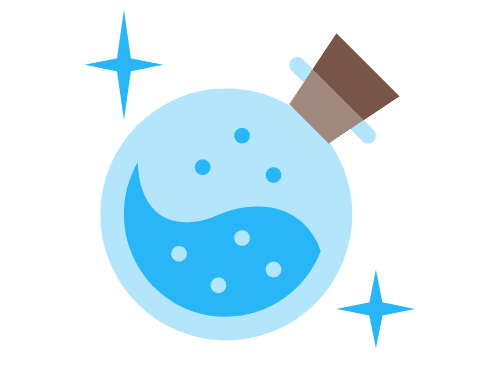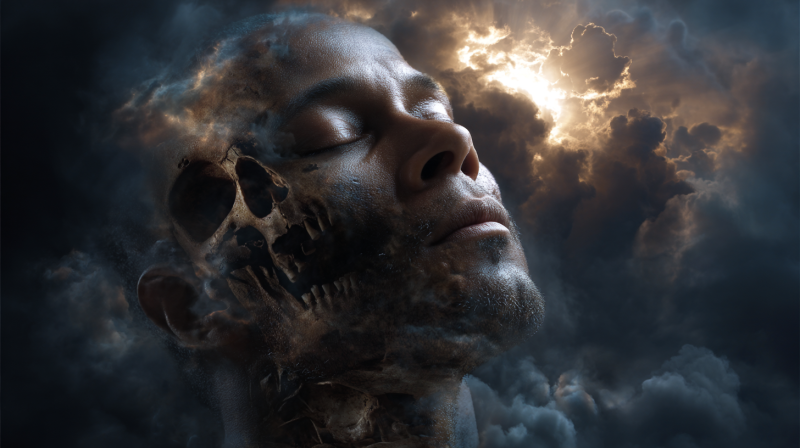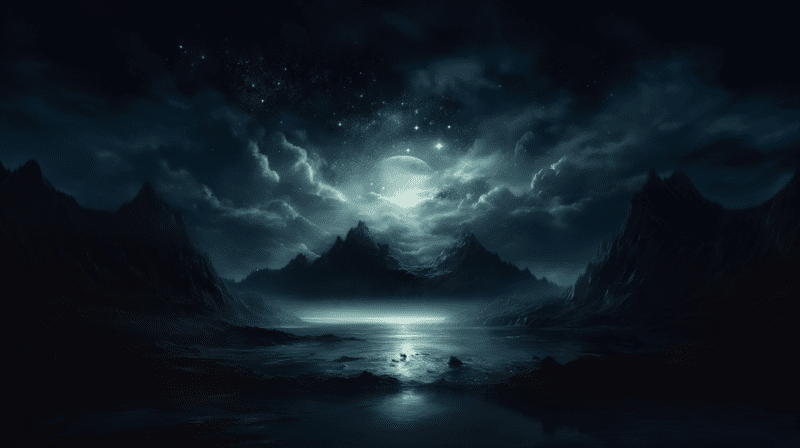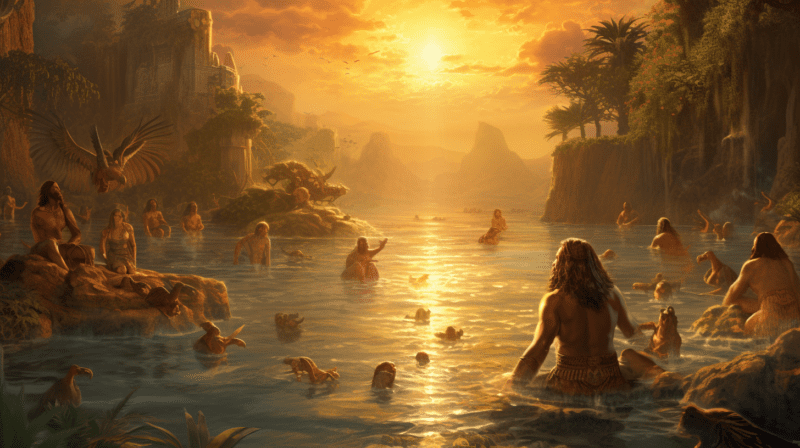In a world filled with diverse cultures, each with its own unique customs, beliefs, and traditions, the stories of creation hold a special place. These narratives not only provide insight into the origins of the universe but also serve as foundational pillars of cultural identity and spiritual understanding. Among the most captivating are the Indigenous creation stories, passed down through generations via oral traditions, preserving the wisdom of the elders for centuries.
Revealing the Fabric of Existence
Imagine a time before time, when the earth was young and the sky was vast. This is the setting of many Indigenous creation stories, where the world is depicted as a living, breathing entity, intricately connected to all living beings. In these narratives, creation is not a singular event but an ongoing process, where the actions of gods, spirits, and animals shape the landscape and set the stage for human existence.
One such story comes from the Cherokee people, who believe that in the beginning, there was only water and sky. According to their creation myth, the world we know today was formed on the back of a giant turtle, with the land rising from the depths of the ocean to create a home for all living creatures. This imagery of a turtle carrying the weight of the world is a powerful symbol of stability and harmony in Cherokee culture, reminding us of our interconnectedness with nature.
The Power of Oral Tradition
What sets Indigenous creation stories apart is not just their content but the manner in which they are shared: through oral tradition. For countless generations, Indigenous communities have passed down their knowledge, beliefs, and values through storytelling, weaving together the fabric of their cultural heritage. These stories are not merely entertainment but serve as a form of education, instilling important lessons about respect for the land, gratitude for the gifts of nature, and the importance of living in harmony with one another.
Among the Navajo people of the American Southwest, the creation story known as the “Emergence” recounts the journey of the Diné from the underworld to the surface of the earth. The Diné, under the direction of the Holy People’s teachings and the wisdom of their ancestors, emerge into the light after a series of trials and tribulations. This story, told in ceremonies and passed down from one generation to the next, serves as a reminder of the resilience and strength of the Navajo people, instilling a sense of pride and identity in their cultural heritage.
Honoring Ancestral Wisdom
In today’s fast-paced world, where technology often takes precedence over tradition, it is more important than ever to preserve and honor the wisdom of the elders. Indigenous creation stories offer a glimpse into a way of life that is deeply rooted in the land, where every mountain, river, and forest is imbued with spiritual significance. By listening to these stories and learning from the experiences of those who came before us, we can gain a deeper understanding of our place in the world and our responsibility to future generations.
In Australia, the Aboriginal people have a rich tradition of storytelling, with creation myths that are as diverse as the land itself. One such story comes from the Dreamtime, the sacred era of creation in Aboriginal culture, where ancestral beings known as the “Rainbow Serpent” shaped the landscape and gave life to the world. According to this myth, the Rainbow Serpent slithered across the land, carving out rivers and valleys with its powerful presence and leaving behind a legacy of spiritual significance for the Aboriginal people.
Indigenous creation stories are more than just tales of the past; they are living testaments to the enduring strength and resilience of Indigenous cultures around the world. By embracing these stories and incorporating them into our collective consciousness, we can gain a deeper appreciation for the interconnectedness of all living beings and the importance of preserving our cultural heritage for future generations. As we listen to the wisdom of the elders and honor the traditions of the past, may we find inspiration and guidance in the stories of creation that have shaped our world since the dawn of time.
Citations & Resources
- “Cherokee Creation Story – How the World Was Made” by James Mooney, published in “Myths of the Cherokee” (1900).
- “Navajo Emergence Story” as told by Hosteen Klah and recorded by Father Berard Haile, published in “The Blessingway” (1938).
- “The Dreamtime” by Charles P. Mountford, published in “Nomads of the Australian Desert” (1976).
- “The Rainbow Serpent: A Kulipari Novel” by Trevor Pryce, published by Abrams Books for Young Readers (2012).





